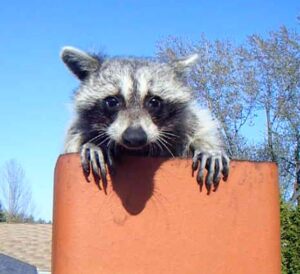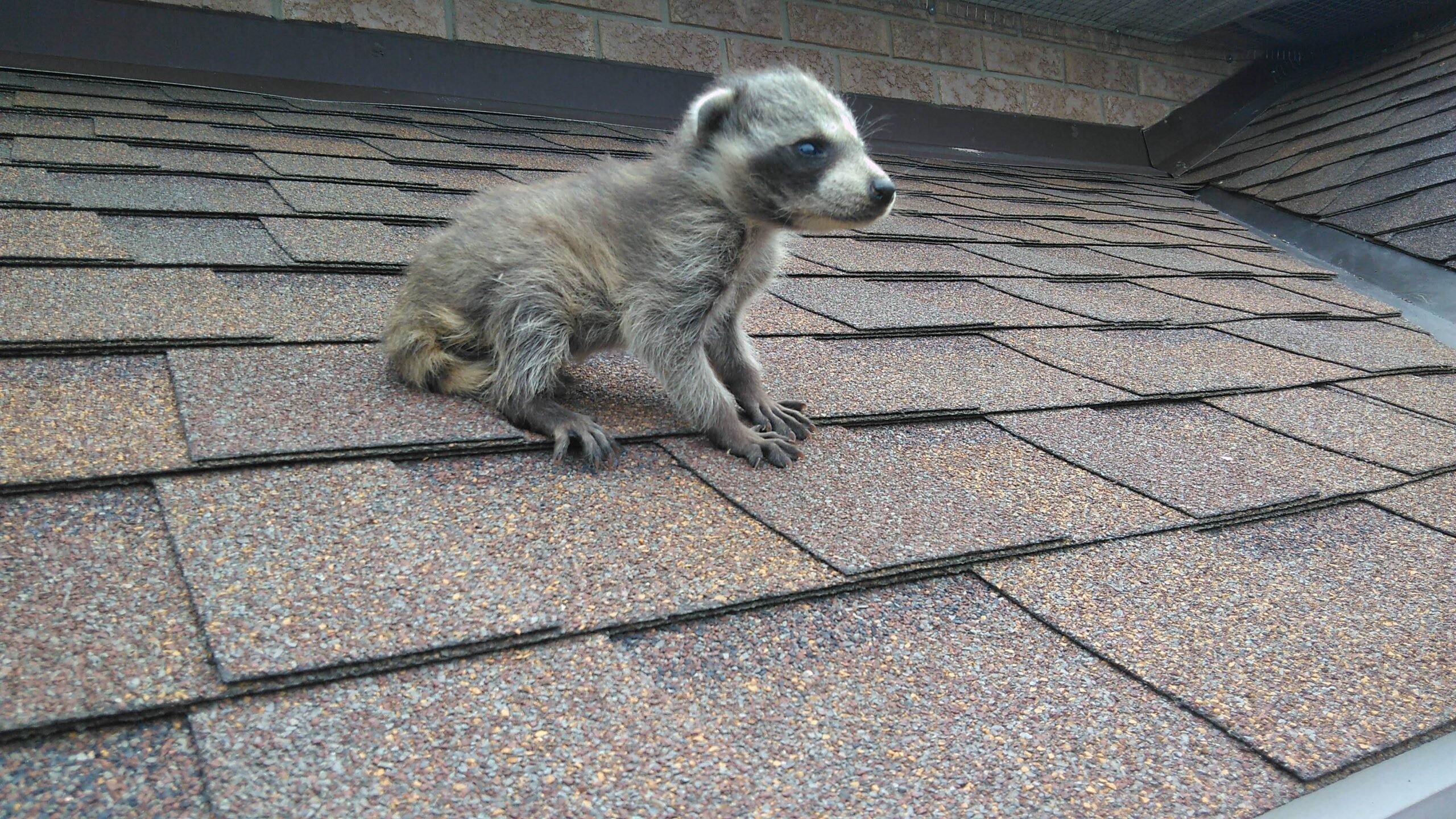Raccoons, whether you call them trash pandas or masked bandits, might be cute little animals, but they’re often a nuisance to humans. These nocturnal animals are curious and intelligent. Raccoons have no problems living in the wild or in urban areas and they’re omnivores, eating fruits and vegetables as well as fish and snakes. A raccoon will go through your trash and your garden. The Humane Society recommends calling in professionals for raccoon removal in Pickering.
Why Are Raccoons so Active in the Spring?
Raccoons don’t hibernate, but they do go into a state known as torpor during the colder weather. This lets them use less energy when food is scarce, but they are still alert to predators. When the temperatures warm up a little, raccoons will come out to forage. Spring temperatures bring raccoons and other animals out in full force to enjoy new foliage and warmer weather. When raccoons come out for food, they may also mate. Raccoons often have babies in the spring season, which can keep them busy—especially since they want to find places to keep their babies safe.
Are Raccoons Dangerous to Humans?
Raccoons are not naturally aggressive toward humans, but they will defend themselves and their litter against threats. Sick individuals are also more likely to attack people. A raccoon can cause serious damages by biting and scratching. Another big concern with these animals is their ability to transmit rabies, which is why professional removal is always recommended.
What Are Other Problems Associated With Raccoons?
Most people don’t see raccoons on a regular basis because they are nocturnal creatures and tend to run away when approached. The bigger problem with raccoons is the damage they do to your property. They can get into trash cans and will dig up your garden and tear up roof shingles. If one makes a den in the attic, it can completely demolish your insulation and create huge problems in your home. Cleaning up a raccoon den is not an easy job. Raccoon feces are hazardous to humans because they carry bacteria and germs.
How Can You Keep Your Property Safe?
Preventative measures are a good way to protect your home. These measures won’t only protect against raccoons, but other critters as well, including squirrels, skunks and mice:
- Don’t leave food out
- Keep pet food inside or only feed your pets what they eat in one sitting
- Secure your garbage containers. To keep raccoons out, you may need to get creative and have strong latches
- Store your garden compost in containers
- Treat your yard for grubs
- Pick up fruits that fall off the trees
- Pick vegetables in the garden when they are ripe
- Trim vegetation around your home to prevent access to your roof
- Secure any points of entry to your roof and attic, such as chimneys, vents and soffits
- Don’t make it easy for raccoons to build a den in your shed or under your deck
- Regularly inspect your home for animal damage

Why Choose Professional Removal if You Have a Raccoon?
If you have a raccoon in your home, simply moving it off property may not work. Other raccoons may move in once you get one raccoon out. If the raccoon you remove has a litter, it will try to get back to its young. If it doesn’t get back, you’re left with baby raccoons that will either cause more damage or die in the attic. Professional removal is recommended to keep everyone in your home safe, to get all the animals out and to make sure no one moves back in.
Keep raccoons out of your home through humane raccoon removal. Contact our Skedaddle Humane Wildlife removal team in Pickering today for prevention, clearing and cleaning.




